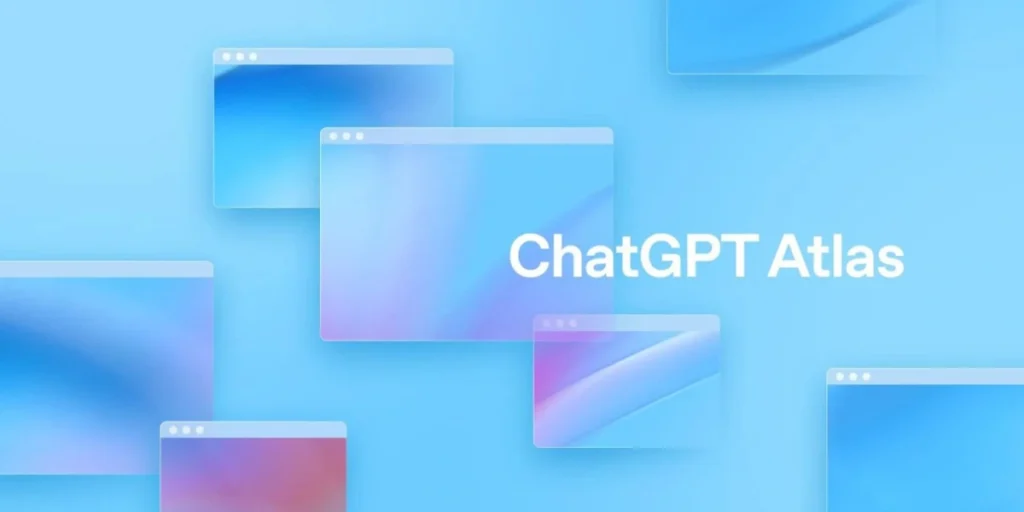In a move set to send ripples across the tech landscape, OpenAI today announced the launch of ChatGPT Atlas, its groundbreaking AI-powered web browser. This initiative marks a significant escalation in the company’s ambition to challenge Google’s long-standing dominance as the primary gateway to online information. Available initially for macOS, with Windows, iOS, and Android versions slated for rapid release, ChatGPT Atlas will be accessible to all free users from day one.
The browser arena has rapidly become the next major battleground for AI innovation. While Google Chrome has enjoyed an uncontested reign, the advent of sophisticated AI chatbots and agents is fundamentally transforming how individuals interact with the internet. A new wave of startups, including Perplexity with Comet and The Browser Company with Dia, have already entered the fray with their own AI-centric browsers. Even tech giants like Google and Microsoft are integrating advanced AI features into Chrome and Edge, respectively, striving to keep their legacy products competitive.
Unpacking Core Features Of ChatGPT Atlas

OpenAI’s Engineering Lead for Atlas, Ben Goodger, highlighted during a livestream that ChatGPT serves as the foundational intelligence for this new browser. Users gain the ability to chat directly with their search results, a feature reminiscent of Perplexity and Google’s AI Mode. This integration promises a more interactive and insightful search experience.
A “killer feature” that has propelled other AI-powered browsers to prominence is the integrated side panel chatbot, which maintains automatic context of the user’s active screen. This seemingly minor addition eliminates the constant need to copy, paste, and drag information into a chatbot for context—a significant friction point for many users. Adam Fry, OpenAI’s Product Lead, confirmed that ChatGPT Atlas will also incorporate this highly anticipated sidecar feature.
Furthermore, ChatGPT Atlas introduces “browser history,” empowering ChatGPT to log visited websites and user actions to deliver increasingly personalized and relevant answers.
For those seeking to automate web tasks, ChatGPT Atlas offers an “agent mode.” This feature allows users to delegate minor browser-based tasks to ChatGPT. At launch, agent mode is exclusively available to ChatGPT users on the Plus, Pro, and Business tiers.
Also Read: Apple Music Users Statistics: Key Data & Insights
- Availability:
- Initially on macOS.
- Windows, iOS, and Android support coming soon.
- Available to all free users at launch.
- Key Features:
- Integrated ChatGPT for interactive search results.
- Sidecar chatbot for seamless context.
- Browser history for personalized AI responses.
- Agent mode for task automation (Plus, Pro, Business tiers only).
Nick Turley, Head of ChatGPT, expressed his vision at OpenAI’s DevDay conference, noting his inspiration from how browsers have redefined operating systems and online productivity. He believes ChatGPT represents a similar paradigm shift. While the potential impact of ChatGPT Atlas on Google Chrome’s staggering 3 billion-user base remains to be seen, OpenAI is clearly betting big on a future where AI is not just a feature, but the very core of the browsing experience.
More News To Read: Google Account Update Comes With New Recovery Tools
